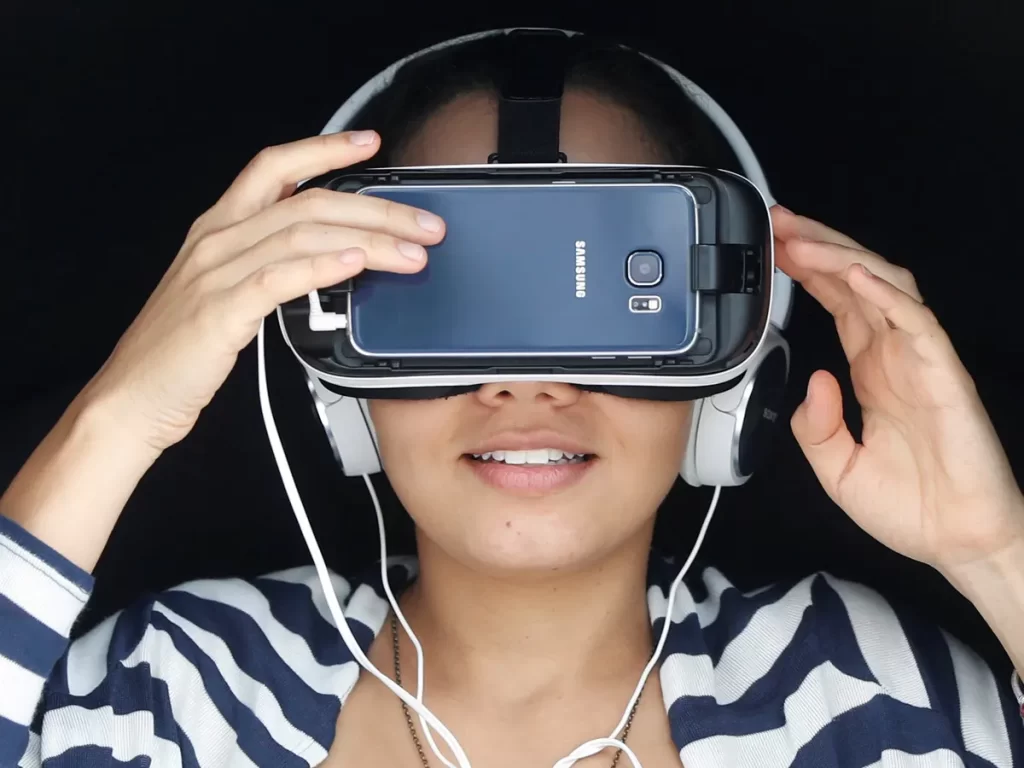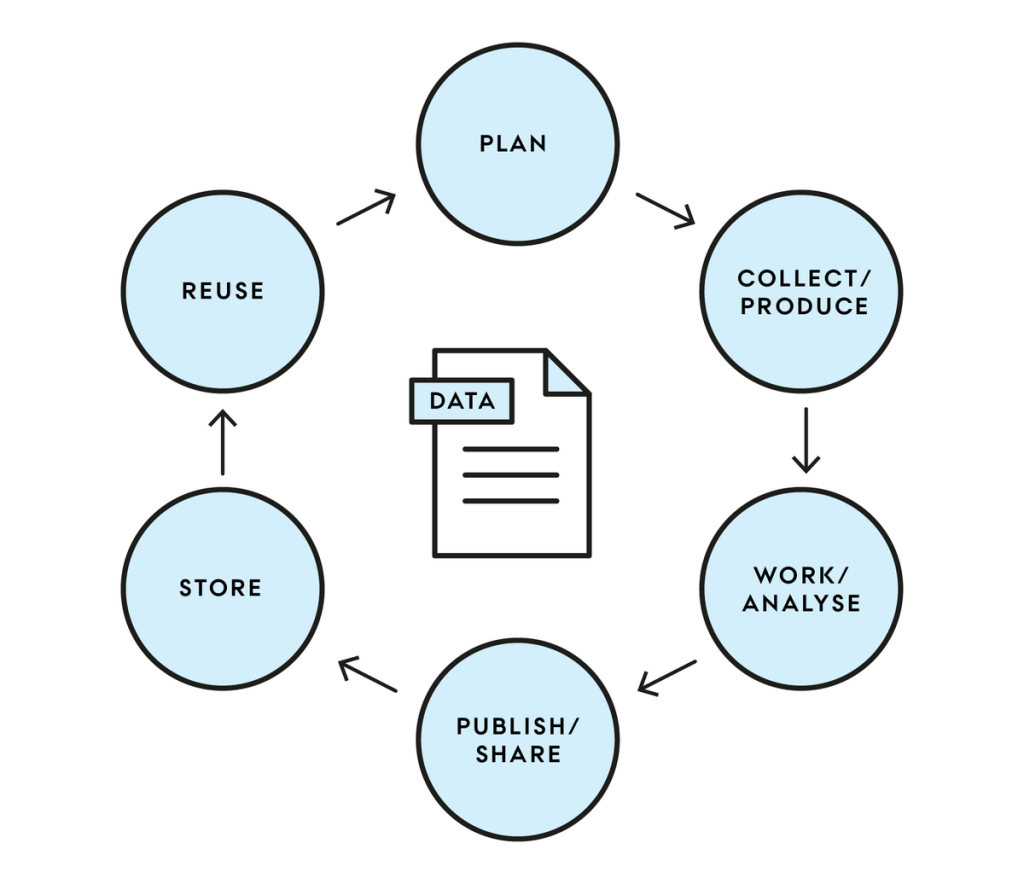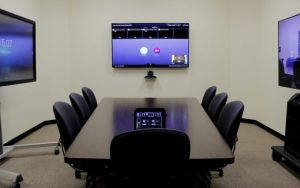What does the future of A.V systems look like? This question is often asked, but it is not always easy to answer. With so many different technological advancements happening all the time, it can be difficult to predict what will happen in the future. However, in this article, we will explore some possibilities for the future of A.V systems and immersive experiences. We will look at how data can be used to create personalised experiences for large groups of people and how post-pandemic society is looking at significant events again.
Table of Contents
VR

The first large-scale events with sophisticated AV systems now look pretty old-fashioned. But at the time, they were seen as very cutting-edge and allowed for a much more immersive experience. Today, we have access to more powerful technologies that can create even more immersive experiences. For example, virtual reality (VR) is now being used in various settings, from gaming to education. And it is not just limited to headsets anymore. There are currently diverse VR experiences that can be had, such as those that use haptic feedback to create a more realistic experience.
Data

Data is another area where we see a lot of advancements. And this can be used to create more personalised experiences for people. For example, data collected from smartphones, and with the correct permissions, could be harnessed by event organisers. This data could create a more personalised experience for each individual based on their interests and preferences. This kind of technology is being deployed by advertising companies, especially out-of-home (OOH) media companies.
But how can a conference organiser use this type of technology? Well, they could use it to target specific individuals with relevant information. For example, suppose someone was attending a conference about AI. In that case, the conference organisers could use data to send them personalised information about upcoming talks and events that would interest them. This technology can also be used to create a more targeted advertising experience.
Mobile

Mobile technology has been used at concerts for around 20 years, especially with the advent of SMS shortcodes. Things have moved along quite a lot in the last two decades. Now at a concert, a mobile phone could be used as a ticket, to help with wayfinding, and even to order drinks. This is all part of the move to create a more seamless and convenient experience for concert-goers.
Post-pandemic, we are likely to see a resurgence in significant events. And AV systems will play a big role in making these events safe and immersive. For example, thermal cameras could be used to monitor large crowds and identify people displaying symptoms of illness. This kind of technology is already being trialled in several different settings, such as airports.
So, what does the future of A.V systems look like? It is hard to say for sure. But what we can say is that the future looks very exciting. With so many technological advancements, we can expect to see more immersive and personalised experiences at significant events.
